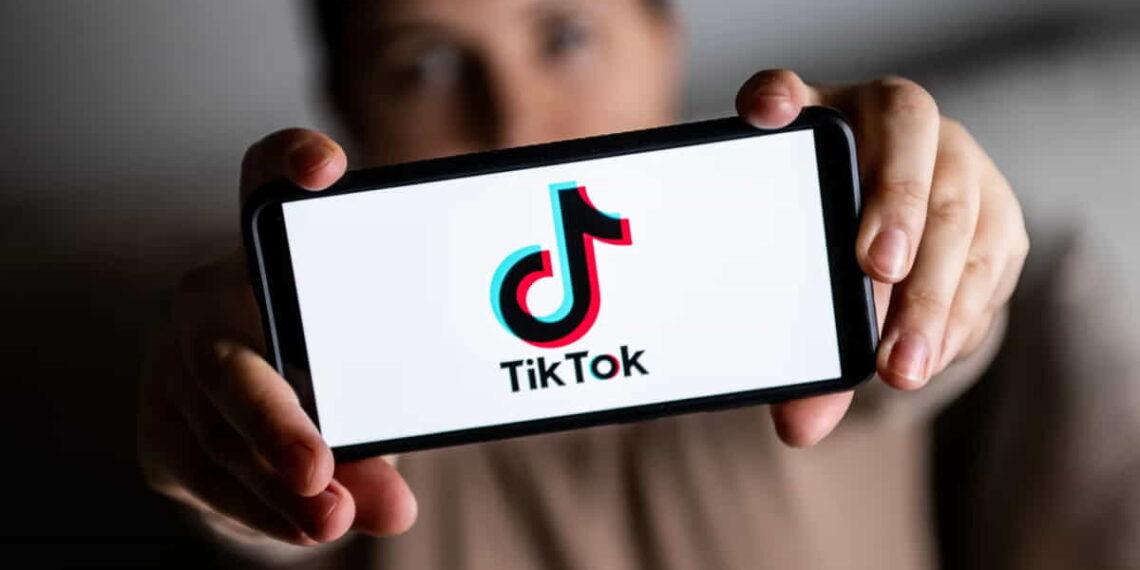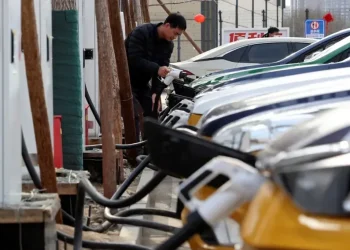What is TikTok’s Fate? With a Ban Looming, Here’s What We Know
As the deadline for a potential TikTok ban draws near, the future of the popular social media platform remains uncertain. On Friday, the U.S. Supreme Court spent two-and-a-half hours hearing arguments on whether TikTok can legally be banned in the United States starting next week. The discussion suggested that the justices might allow the U.S. government to force TikTok’s Chinese parent company, ByteDance, to either sell the platform or shut it down entirely.
The Background: Why is TikTok at Risk?
Last spring, President Joe Biden signed legislation mandating that ByteDance sell TikTok or face a nationwide ban. The law, set to take effect on January 19, cites national security concerns due to TikTok’s ties to China. Critics of the platform allege that ByteDance could share user data with the Chinese government, a claim the company has repeatedly denied.
TikTok, however, argues that the law violates the First Amendment of the U.S. Constitution, which protects free speech. The company is seeking to delay the enforcement of the law, claiming that banning the app infringes upon the rights of its users.
What Happens if TikTok is Banned?
If the ban takes effect this Sunday, Apple and Google will no longer be able to offer TikTok for download to new users. Although existing users would still be able to access the app, the platform is expected to degrade over time. Without updates, technical support, and maintenance, TikTok could eventually become unusable.
A Changing Political Landscape
The timing of the ban adds another layer of complexity. President-elect Donald Trump is scheduled to be sworn into office on January 20, just one day after the ban could be implemented. In late December, Trump urged the Supreme Court to delay the deadline, arguing that his incoming administration should have the opportunity to resolve the matter politically.
What’s Next?
As the clock ticks toward January 19, all eyes are on the Supreme Court’s decision. A ruling could determine not only TikTok’s fate but also set a significant precedent for how social media platforms with international ties are regulated in the United States.
This article was rewritten by JournosNews.com based on verified reporting from trusted sources. The content has been independently reviewed, fact-checked, and edited for accuracy, neutrality, tone, and global readability in accordance with Google News and AdSense standards.
All opinions, quotes, or statements from contributors, experts, or sourced organizations do not necessarily reflect the views of JournosNews.com. JournosNews.com maintains full editorial independence from any external funders, sponsors, or organizations.
Stay informed with JournosNews.com — your trusted source for verified global reporting and in-depth analysis. Follow us on Google News, BlueSky, and X for real-time updates.














